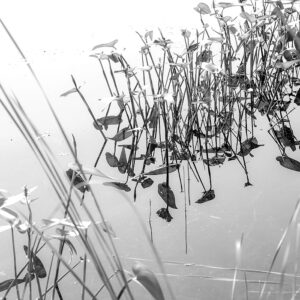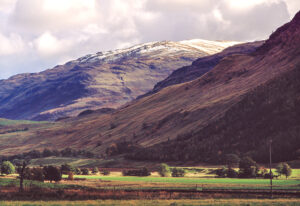 It’s kind of a death
It’s kind of a death
Death of life as we’ve known it.
It’s only starting to sink in.
I feel bereft.
I’m letting go of things
One by one:
The hugs
seeing family
lunches with friends
classes at the YMCA
movies
summer festivals
The farmer’s market
The summer holiday
Fall courses —
The list is endless and with each passing day it only grows:
Art classes
More hugs
This is real grief
This is unknown territory
This is sadness
Pain.
Loss of the familiar
Loss of looking forward
Loss of anticipation
Complete loss of what was.
Fighting against what is:
The sameness
The masks
The appropriate distance
The plexiglass
The tape markers
The plywood storefronts
The lineups
I’m tired of it all
I want it to end
but all I hear and see are signs that it won’t end
The “new normal” they call it
Well, I’m not in!
I don’t want it.
I want what was —
Except for the pollution and environmental degradation.
The only shred of hope I feel is for mother earth
We’ve beaten her up; now with this virus she is beating us up
bringing us to our knees
flat on our face and holding us down.
Please could we just have a little break here?
Sun and warmth would be a start.
Farmers markets
Oh, how much I’ve taken even the basics of life for granted.
Help me to never do this again.
Help me to be present in this healthy body
Be grateful:
I have enough nutritious food
A lovely roof over my head
Loving arms of my partner any time I want.
Why do I think this is not enough?
Dear God, let it be enough
At least for today and tomorrow.

 Prior to the current days of isolation, in my Spiritual Companioning practice, I met with some folks at a distance, on Facetime. My sessions begin with a time of guided prayer. I use a book by Joyce Rupp as a resource. Recently, with someone I usually meet in person, it happened that Rupp’s 10-line prayer for the day was based on the second verse of Psalm 121. Even though I had looked at the prayer before our meeting, I had not noticed its source text until I picked it up to read with my client. I was suddenly overcome with tears. Psalm 121 was my father’s favourite Psalm. I had to stop reading. I did something I promised myself I would never do again. I apologized for my tears.
Prior to the current days of isolation, in my Spiritual Companioning practice, I met with some folks at a distance, on Facetime. My sessions begin with a time of guided prayer. I use a book by Joyce Rupp as a resource. Recently, with someone I usually meet in person, it happened that Rupp’s 10-line prayer for the day was based on the second verse of Psalm 121. Even though I had looked at the prayer before our meeting, I had not noticed its source text until I picked it up to read with my client. I was suddenly overcome with tears. Psalm 121 was my father’s favourite Psalm. I had to stop reading. I did something I promised myself I would never do again. I apologized for my tears.